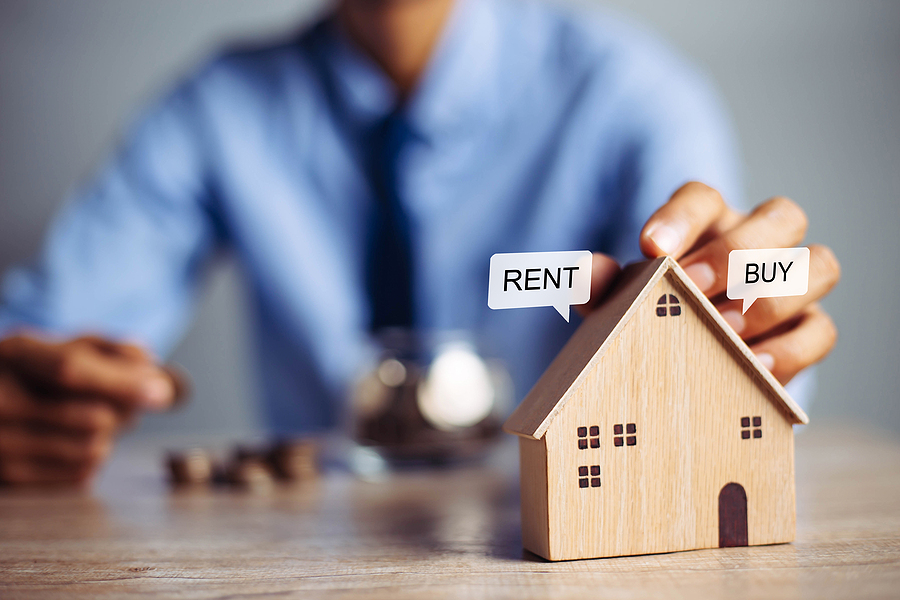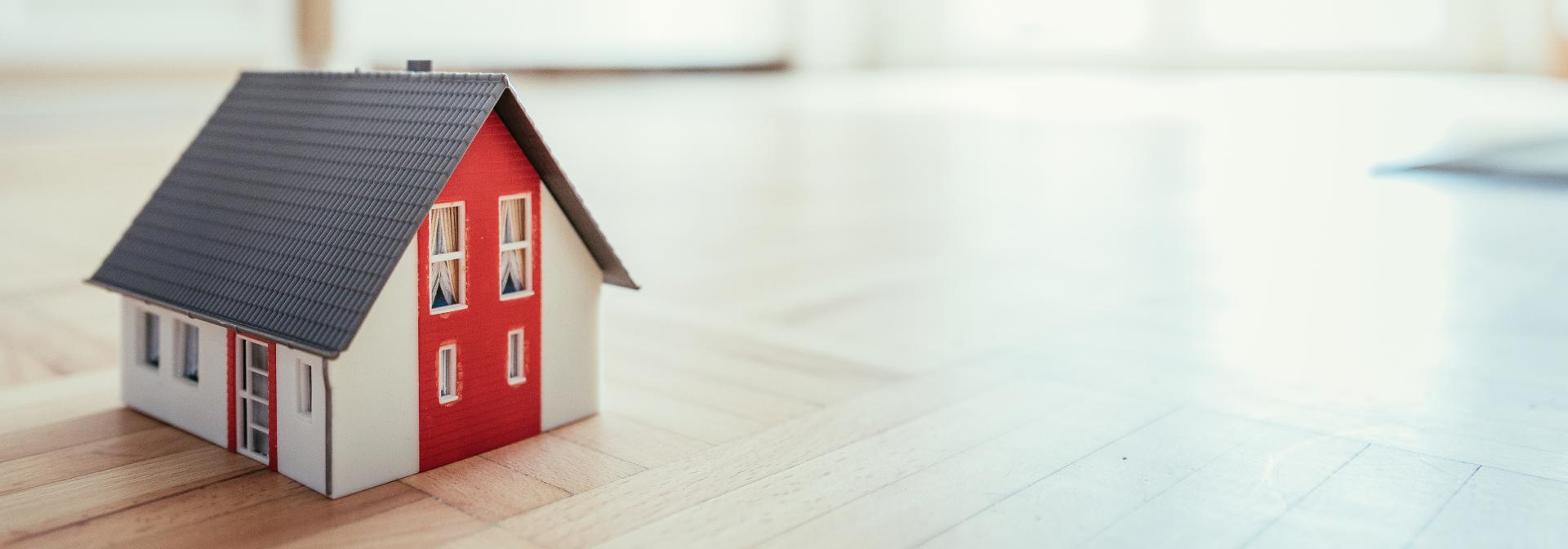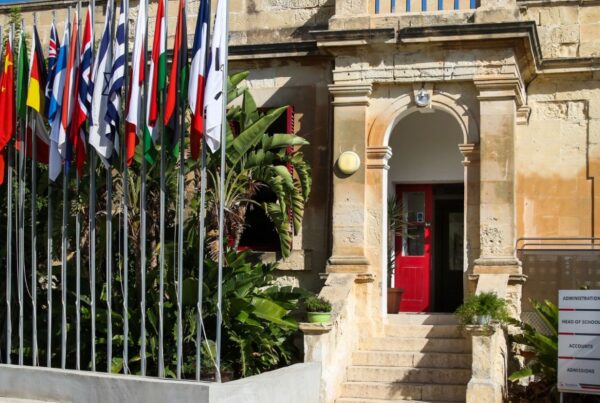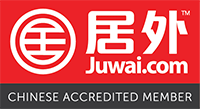 如果您点击这里,此页面将被翻译成中文。
如果您点击这里,此页面将被翻译成中文。
 如果您点击这里,此页面将被翻译成中文。
如果您点击这里,此页面将被翻译成中文。
 如果您点击这里,此页面将被翻译成中文。
如果您点击这里,此页面将被翻译成中文。
 如果您点击这里,此页面将被翻译成中文。
如果您点击这里,此页面将被翻译成中文。
Whether to rent or buy property in Malta is an important financial decision influenced by various factors. – Malta’s charming landscapes, lively culture and booming economy make it an attractive destination for both locals and expatriates.
Here are several advantages and disadvantages of both buying and renting property in Malta:
Renting in Malta
Pros of Renting
Flexibility: Renting offers unparalleled flexibility, making it ideal for those who prefer not to be tied down. Whether you’re a young professional exploring career opportunities or an expatriate adjusting to life on the island, renting allows you to move easily without the long-term commitment of property ownership.
Lower Initial Costs: Renting requires less upfront capital compared to buying. Typically, renters need to pay a deposit (usually one to two months’ rent) and possibly an agent’s fee. This is significantly less than the down payment required for purchasing a home.
Maintenance and Repairs: One of the advantages of renting is that landlords are generally responsible for property maintenance and repairs. This can save tenants both time and money, as they do not need to worry about unexpected expenses.
Cons of Renting
Lack of Ownership: Renting means you do not build equity. Monthly payments contribute to your landlord’s investment rather than your own. This can be a disadvantage for those seeking long-term financial growth through real estate.
Rental Increases: Rent prices can increase, especially in popular areas. This can lead to unpredictability in your monthly expenses, making it harder to budget in the long term.
Limited Customization: Renters often face restrictions on decorating and renovating their living space. This can limit your ability to personalize your home to your tastes and needs.
Buying in Malta
Pros of Buying
Investment Potential: Buying property is often seen as a sound investment. Over time, real estate in Malta has shown consistent appreciation. Owning a home allows you to build equity, which can be a valuable asset for future financial security.
Stability and Predictability: Homeownership provides stability. Fixed-rate mortgages ensure that your monthly payments remain consistent over the loan term, which can aid in long-term financial planning.
Freedom to Customize: As a homeowner, you have the freedom to renovate and customize your property as you see fit. This allows you to create a living environment that truly reflects your style and needs.
Cons of Buying
High Initial Costs: Purchasing a home involves significant upfront costs, including the down payment, closing costs, and various fees. This can be a barrier for many potential buyers, especially first-time homebuyers.
Maintenance Responsibilities: Homeowners are responsible for all maintenance and repairs. This can be both time-consuming and expensive, adding to the overall cost of ownership.
Less Flexibility: Selling a home can be a lengthy and complex process, which limits your ability to relocate quickly. This lack of flexibility can be a drawback for those whose circumstances may change.
Conclusion
The decision to rent or buy in Malta hinges on individual circumstances and long-term goals. Renting offers flexibility and lower upfront costs, making it suitable for those with a transient lifestyle or uncertain plans. On the other hand, buying property can be a rewarding investment, providing stability and the potential for financial growth. Carefully weigh your personal and financial situation to determine the best path for you in Malta’s dynamic real estate market.
Sources
– If you would like to learn more about Malta and its Real Estate Market, feel free to take a look at our other Articles like Malta’s Top 5 Residential Areas.
